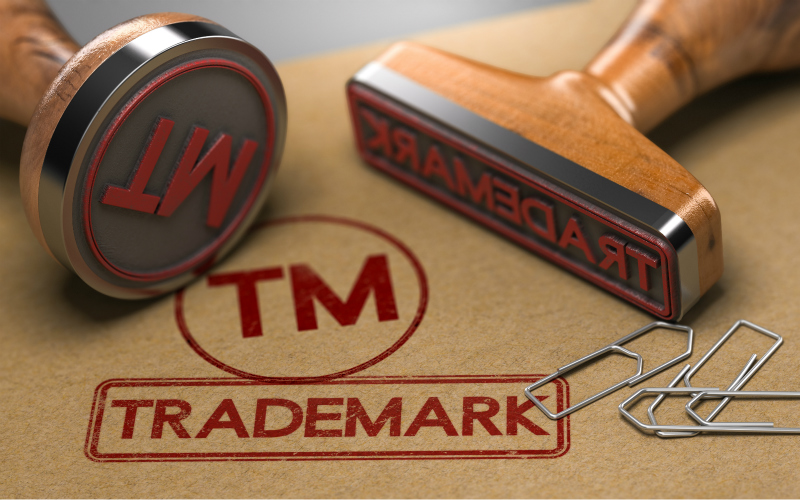
The office that deals with trade mark applications in the EU (or 'OHIM') has said that it would be likely to object to any speculative trade mark applications for "Je suis Charlie" due to "overriding public interest".
Since the event, applications have been filed in the United States, France, Australia and the Benelux region (which covers Belgium, France and The Netherlands) to register "Je suis Charlie" as a trade mark; however, the OHIM has not yet received any applications.
Despite the OHIM's standard policy "not to comment on any individual cases of trade mark...applications", the office has issued a formal statement to say that any trade mark applications received by it which contain the rally slogan are likely to be objected to on the grounds that they are "contrary to public policy or to accepted principles of morality", and that they are "devoid of distinctive character".
It is interesting that the OHIM has come to such a decisive standpoint, particularly on the matter of public policy and morality. Under EU trade mark legislation, the OHIM must refuse all applications for trade marks which are "contrary to public policy or to accepted principles of morality" (Article 7(1)1(f) of Council Regulation (EC) No 207/2009). The general intention of this provision is to prevent the registration of blasphemous, racist or discriminatory words or phrases. However, by the OHIM's own standards, whether or not a mark is contrary to public policy or accepted principles of morality must be determined by the "intrinsic qualities of the mark applied for and not by the circumstances relating to the conduct of the person applying for the mark". At first glance, it does not appear to be clear-cut that the words, "Je suis Charlie", would fall under an objection under Article 7(1)(f).
The words, "Je suis Charlie", in themselves, appear to be relatively harmless, as some have suggested. Would an objection to registration by the OHIM actually be based on the identity of the applicant, rather than on the nature of the mark? (It is possible that the OHIM is taking a firm stance against the notably distasteful nature of the possible use of trade mark registration to make money at the expense of others' suffering.) On the flip side, there is a strong argument that these simple words may not be so "innocuous" after all as, in the midst of the overall reaction to the tragic events in France, and Europe more widely, the phrase has taken on a meaning which could cause offence to a wide section of the public. Regardless of which goods and services a potential applicant applies the mark to, the OHIM's view may be that a broader public than just the consumers targeted will encounter the mark and believe the mark goes directly against the basic moral norms of society.
The OHIM's recent action certainly raises some issues for debate, and it will be interesting to see what the outcome is of any "Je suis Charlie" applications filed with the OHIM.
Loretta Maxfield is a specialist Intellectual Property, Technology and Media Solicitor. We are always delighted to talk without obligation about whether we might meet your needs. Call Loretta on 01382 229111 or email lmaxfield@thorntons-law.co.uk
